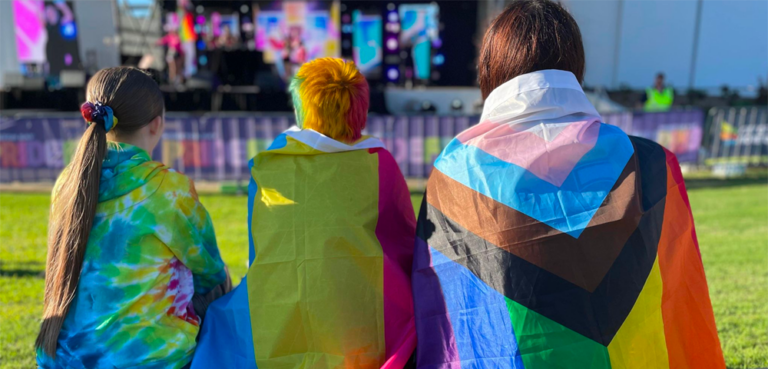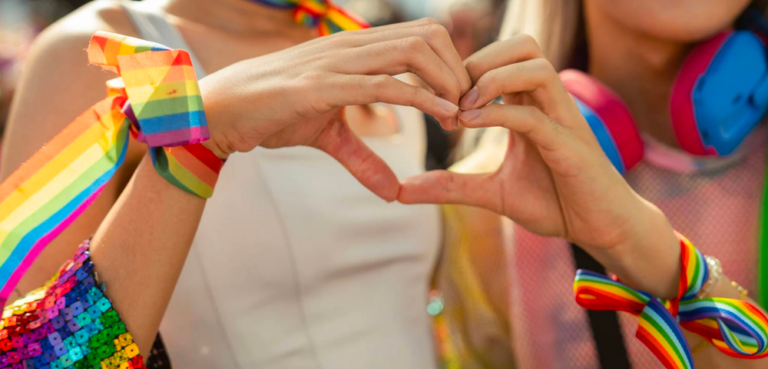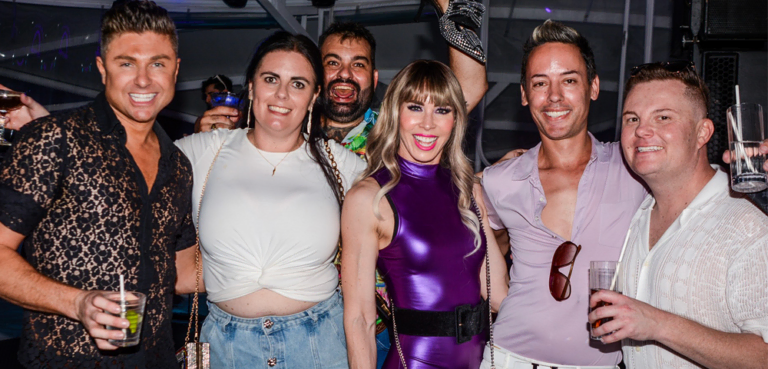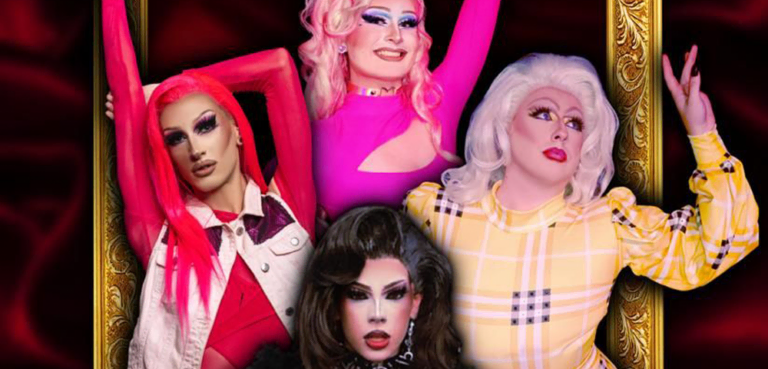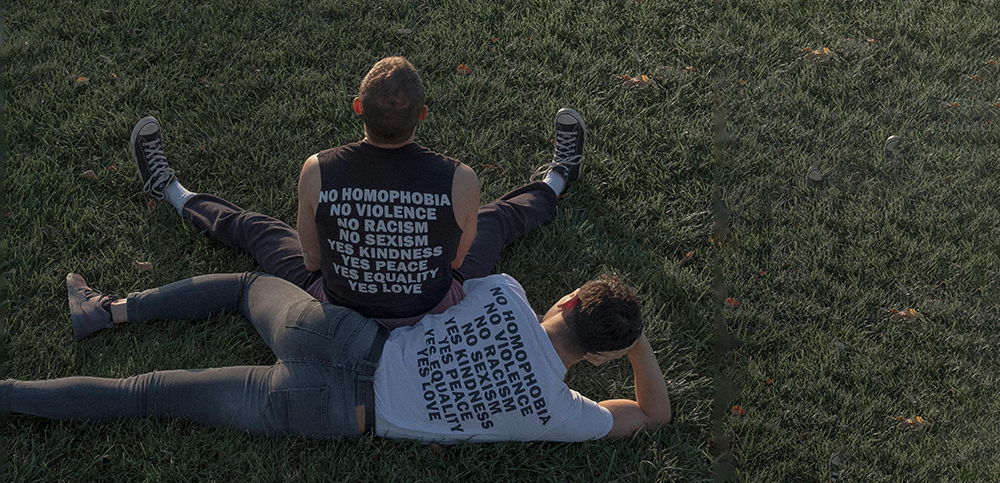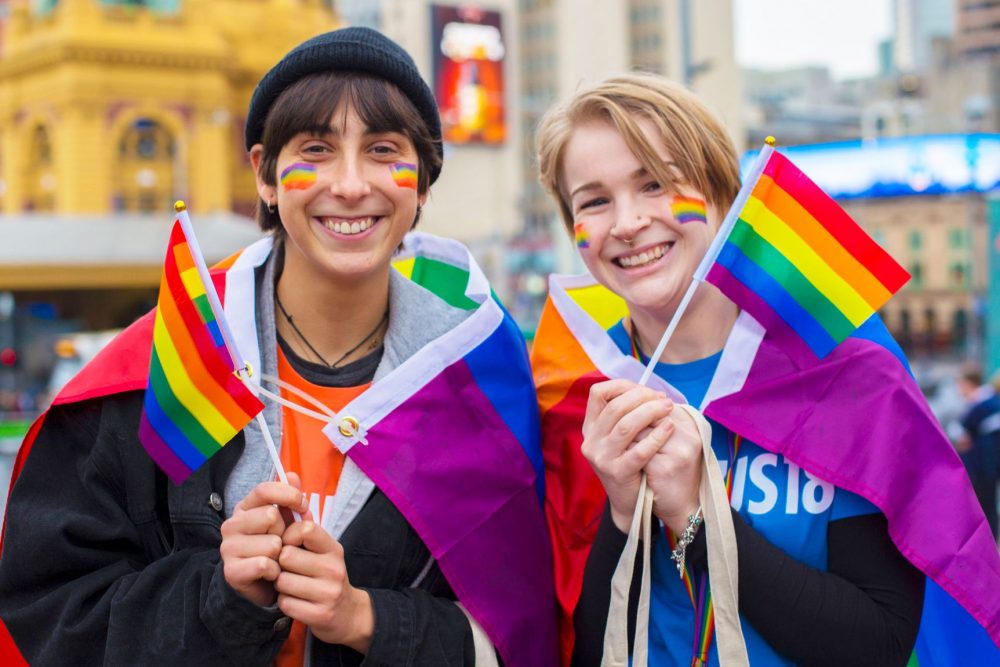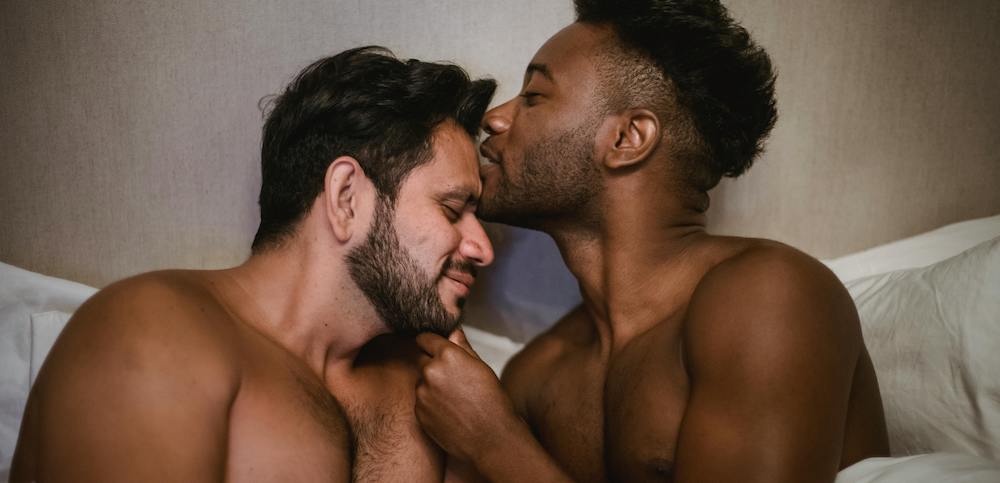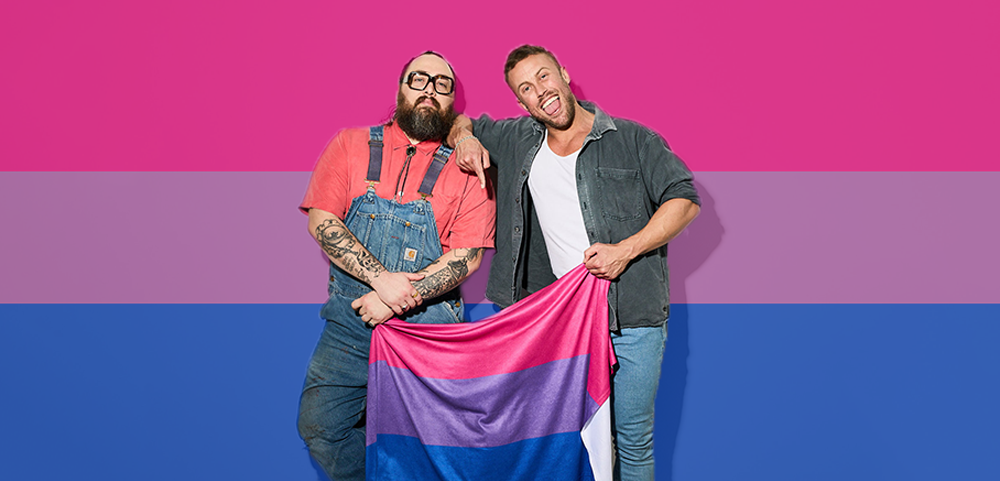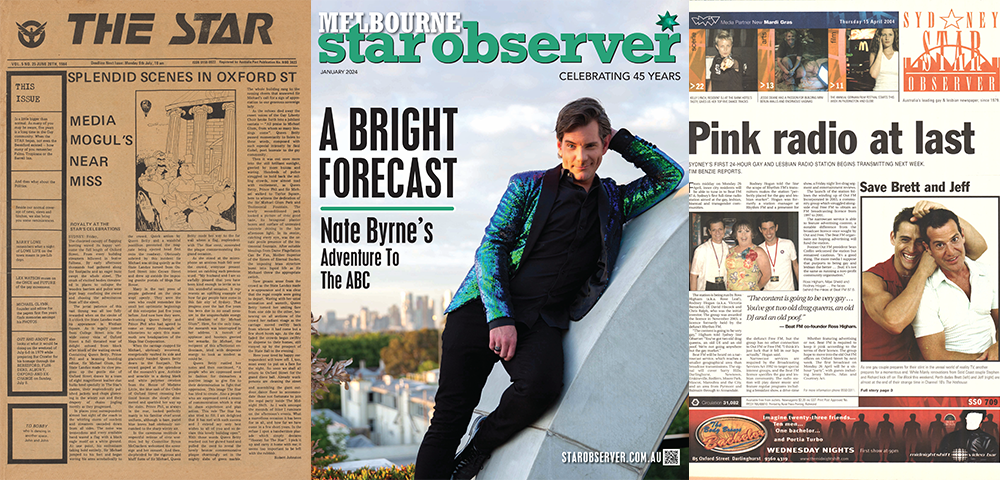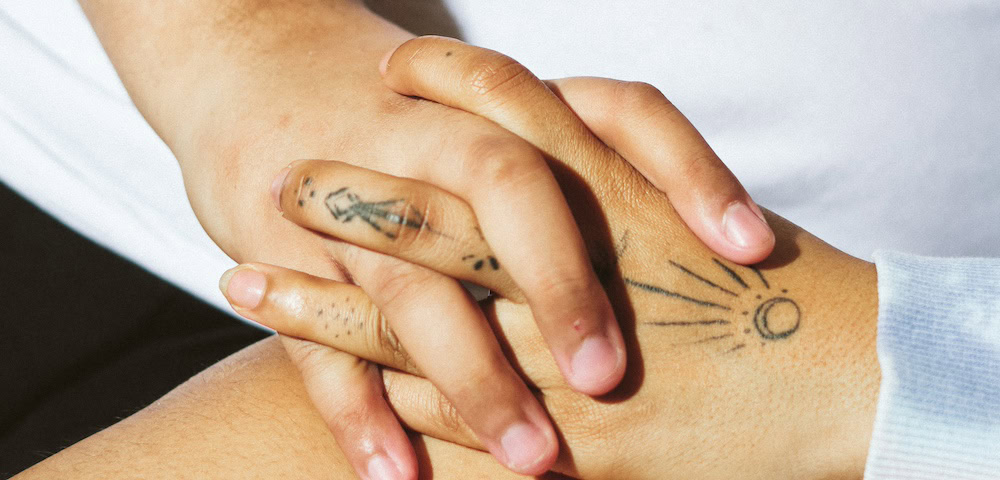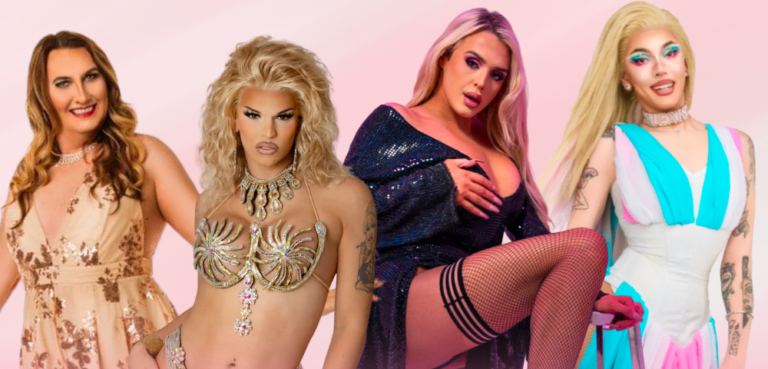
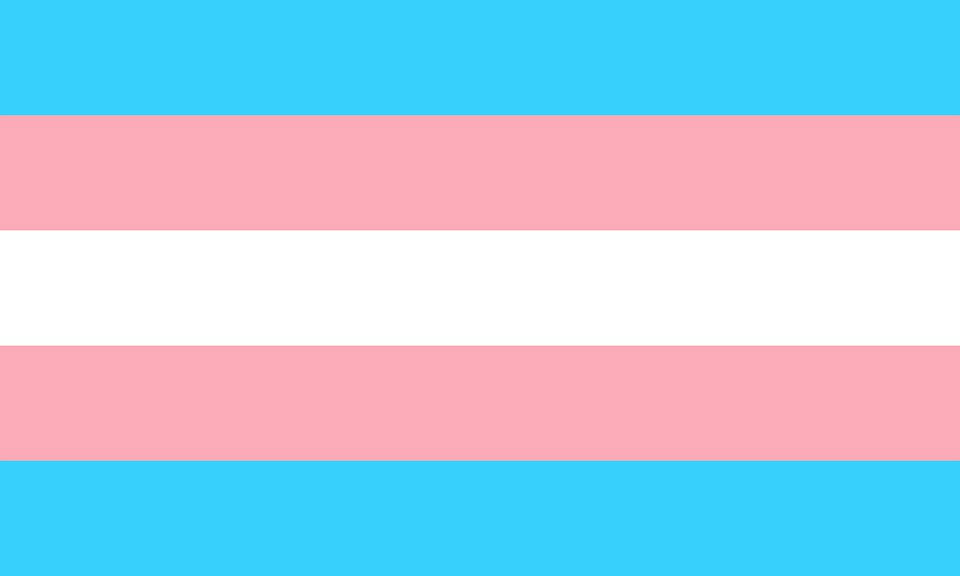
“Did you always know you wanted to be a boy?”
Well, no.
I don’t often talk much about my ‘trans journey’, or how I came to realise I was trans and begin transitioning. It doesn’t all fit the standard narrative. Some of my feelings about elements of my gender have also changed over time—a relatively short time at that—and I worry about what people will make of that.
I was ‘born a girl’, or ‘assigned female at birth’ (which is the better kind of term to use about most trans people, if you must say anything at all about it). I’m now a 32-year-old man. Until a couple of years ago I would never have imagined that I’d think of myself as a dude or want to transition.
There were some red flags along the way, of course, in retrospect. One of my earliest memories is confusion about being told, aged perhaps four, that I couldn’t walk around shirtless in summer like the men in my family did. I’ve long referred to myself as a guy, but I always meant it in a gender-neutral way… honest.
I remember as a kid surreptitiously reading my parents’ copy of Everything You Always Wanted to Know About Sex, which discussed trans women (although I doubt it used that term). The book, as I recall, didn’t mention trans men (who as we know only recently came into existence, leaping fully-formed as a gender from the forehead of Chaz Bono).
Regardless, it occurred to me that if these ‘women trapped in men’s bodies’ existed, there must also be ‘men trapped in women’s bodies’. I looked at myself in the mirror, and wondered if I might secretly be a boy inside. I decided no, and moved on, but I’ve never forgotten that moment of consideration.
I was always a tomboy, never terribly feminine. I wore my hair fairly short, dressed in jeans and t-shirts, didn’t really wear makeup. When I was younger I was occasionally mistaken for a boy (which happens, since kids do all look basically the same) and it generally amused me.
From my early teens I knew I was some kind of queer. I went through cycles of identifying as a lesbian or a bisexual woman. I always identified more with gay male culture, but I didn’t read too much into that.
I got married at 20 to a straight guy (who would possibly now disagree with that descriptor, but that’s someone else’s story). We eventually opened up the marriage and started sleeping with other people, primarily because I was still interested in women, and what kind of husband wouldn’t encourage that?
The world of adult dating and swinger sites led us both to start thinking about what—and who—we wanted. In accordance with the One Penis Policy that so many opposite-sex couples institute when first exploring non-monogamy, we’d agreed initially that I could sleep with women but not men.
But five minutes on a dating site, even back in the mid-2000s, revealed there were plenty of people who might not fit what we were thinking of in terms of either binary gender.
So, what about trans women? What about trans men? And speaking of trans men, honey, would you stay with me if I were a dude? Just hypothetically. I’m definitely not.
My private life got weird, by any usual standard, over the next few years. The swinging evolved into polyamory, and my husband and I both started dating other people. Eventually I moved out into a separate apartment to have my own space (you try fucking your boyfriend while your husband is in the next room with headphones on). Despite living separately, our marriage remained otherwise the same for a few more years.
You can, by the way, have a perfectly good marriage where you don’t live together. We were like Mia Farrow and—no, that’s a bad example. We were like Tim Burton and—actually, never mind. Regardless, it went very well for several years.
Seeing as I was having a lot of sex with strangers anyway, in my late twenties I decided to start monetising it. Back then I was by day a mid-ranked public servant pulling a good salary, so the hooking was just for fun and a bit of extra cash. I enjoyed the novelty of dressing up and spending time with other sex workers. The corsets, the heels, the makeup. I had to buy it all new because I had no interest in any of it for my personal life. I referred to dressing up for work as ‘drag’. And yet I still didn’t make the connection.
Around the time I turned 30, the trans stuff started creeping out of the mental lockdown I’d kept it under. I started fantasising during sex about having a dick, but I actively dismissed it as a fetish, not a gender thing. I recall the partner I told about it looking unconvinced.
One of the experiences that almost made me realise consciously about being trans (but I was trying so hard not to) was popping into a sauna to have a peer-administered HIV rapid test. The guy who did my test made a big deal of saying that they’d never had a woman in there before. And fair enough, it is a gay sex club when it’s not a public health testing venue. But it felt so strange to be told I didn’t belong in a place for gay men. I felt like arguing with him but I didn’t know what to say.
My moment of clarity finally came when I decided I wanted to start using steroids. My body fat percentage had always been a bit higher than I’d liked, despite anything I did to try and change it, and I blamed estrogen. I’d even asked a doctor at one point to check if my testosterone levels were too low, which of course was refused for an apparent woman of my age.
I knew I wanted my body shape a bit less rounded and a bit more muscular. I ordered some grey-market steroids online and started reading about the possible side effects. Body and facial hair growth, deepened voice, enlarged genitals. And I realised that was also what I wanted. Fuck.
Well, once I decide I want something, I don’t mess around. Within a couple of weeks I was at the doctor, stutteringly trying to explain this ‘non-binary’ thing that I thought I was, and asking for testosterone to replace the steroids I’d been self-medicating with.
The doc rightly sent me to my therapist before she’d prescribe anything. It turned out I’d made a throwaway comment about being ‘maybe genderqueer’ a year prior, which I’d forgotten completely but had ended up in my notes. So with a history of documented gender issues established on a technicality, I got my testosterone and started puberty again in my thirties.
I didn’t feel like a guy yet, so when I came out to my friends a couple of months into transition, I described myself as something like non-binary, even though that didn’t feel right either. As things progressed, and I got more comfortable with the changes I saw in my body, I realised I was male. I finally started asking people to call me a he, and I got onto changing my name and all my ID.
(As an aside, many people travel through non-binary or genderqueer on the way to landing on a binary gender, as I did. Many people are also just non-binary. These are both fine.)
Since you want to know, yes, I’ve had some surgeries. Initially I had an IUD inserted so I could stop taking the contraceptive pill that was fighting my testosterone. That felt like my first surgical transition step, and it was monumental for me. My breasts came off in June (I told you I don’t mess around). My ovaries (and that IUD) came out this month, and I’m hoping I might be able to afford dick enhancement surgery next year.
Now, a bit over a year into transition, I’ve hit the point of being gendered correctly by strangers almost every time. I’m finally, finally always getting ‘sir’ instead of ‘ma’am’, which is a tremendous relief. I can’t adequately describe how hurtful it is to be called the wrong one every time you leave the house. It gets worse and worse until each one is like a punch in the gut. Now I want to dance every time someone calls me ‘bro’ in the street.
Part of me is jealous of the trans kids now who are getting their shit together much earlier than I did and starting transition young. But I’m also aware that in my family and—more to the point—in the 1990s, there would have been no help for a trans kid. I probably wouldn’t have made it through school without killing myself.
Being trans is incredibly difficult. Transition is difficult. Once you start, you will be treated like shit about it, at least sometimes, for the rest of your life.
But it’s damn nice that in 2017 you can go to the doctor and talk about transition, and you can tell people you’re trans and at least expect them to know what it means. They might even be cool about it. The world is still a much harder place to navigate when you’re trans, but it’s better than it was when I was a kid. I’m optimistic that if we as a community keep advocating for the T in LGBTI, life can keep getting better for trans folks.
